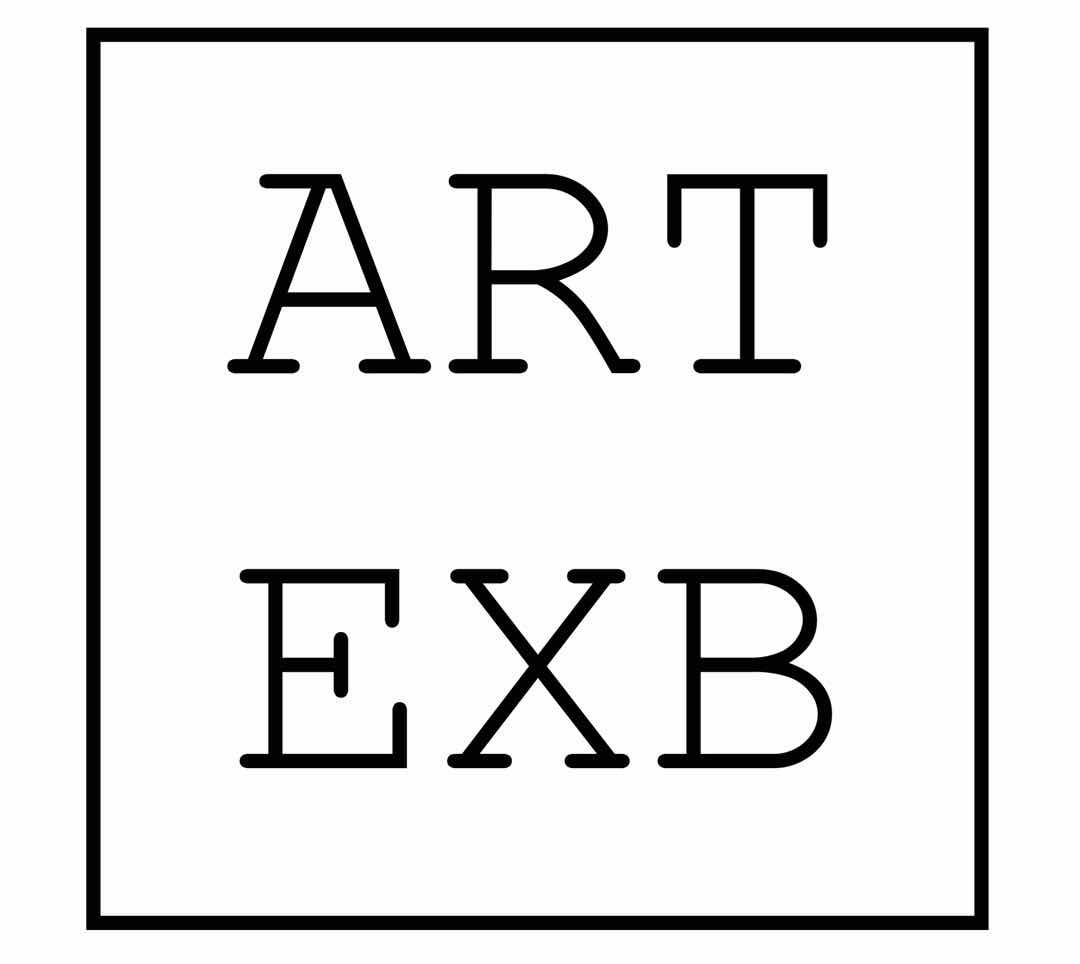邱志杰1969年出生于中国福建省南部的漳州市。受家庭熏陶,邱志杰自幼便开始学习书法。习书需要临摹前人的碑帖墨迹,但并不仅仅是单纯地临摹字形字体,更是通过书写古文去领悟其中蕴涵的哲学思想。对邱志杰来说,不管在宣纸上临摹古文还是在石头上刻章,这些练习早已超越其本身的意义,成为一种通过书法接触中国文化的重要表现方法。邱志杰将自幼学习的 “书法” 作为表现的核心,通过书写这一行为,再一次对人类的存在发出普遍性、根源性的叩问。
邱志杰出生于福建省,这里由于曾经繁盛的海上贸易和移民,人文交流一度十分活跃。在邱志杰的作品中所展现出的灵动自由的个性,与他深受这片土地的文化影响是分不开的。本次展出的作品表现了在俯瞰世间、记述人与物事的关系时自身存在的重要性。观众通过本次展览可以近距离感受其作品的艺术魅力。
Born in Zhangzhou, southern Fujian Province, China in 1969, Qiu Zhijie was trained in “calligraphy” from childhood by his father, who exercised his talents for calligraphy and Chinese poetry, on the side, while holding a key position in regional government. The study of calligraphy requires that one learn by carefully imitating the characters brushed by one’s teacher. Still, through the forms and styles of characters copied and the steady exposure to classical literature, one learns and absorbs philosophy and thought as well. For Qiu, the practices of copying the classics, writing in sumi ink on paper, and engraving stones and carving seals went beyond simply the study of calligraphy to become an important method of expression taking him deeply into Chinese culture. Through writing, primarily using the Chinese traditional calligraphy, Qiu Zhijie has continually inquired into universal, primordial human existence. Fujian Province, where he was born, was once a vital center for seaborne trade, rich in cultural exchange born from commerce and immigration. Qiu’s works with their dynamic, free perspective are deeply influenced by the culture of his home region. This exhibition examines the art and expressive power of Qiu Zhijie, who sees the world comprehensively and merges his own existence with representation of the relationships between people and things.
